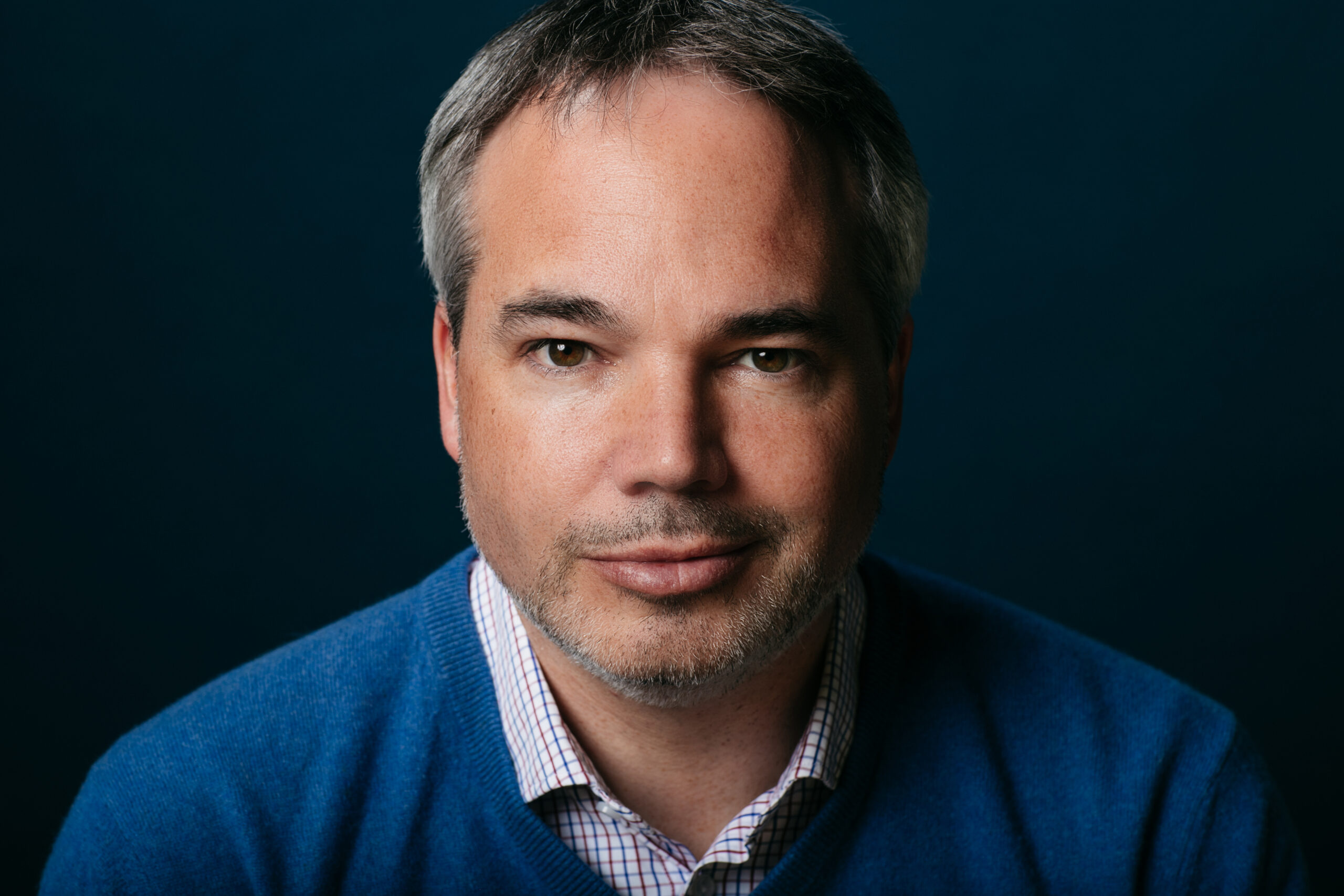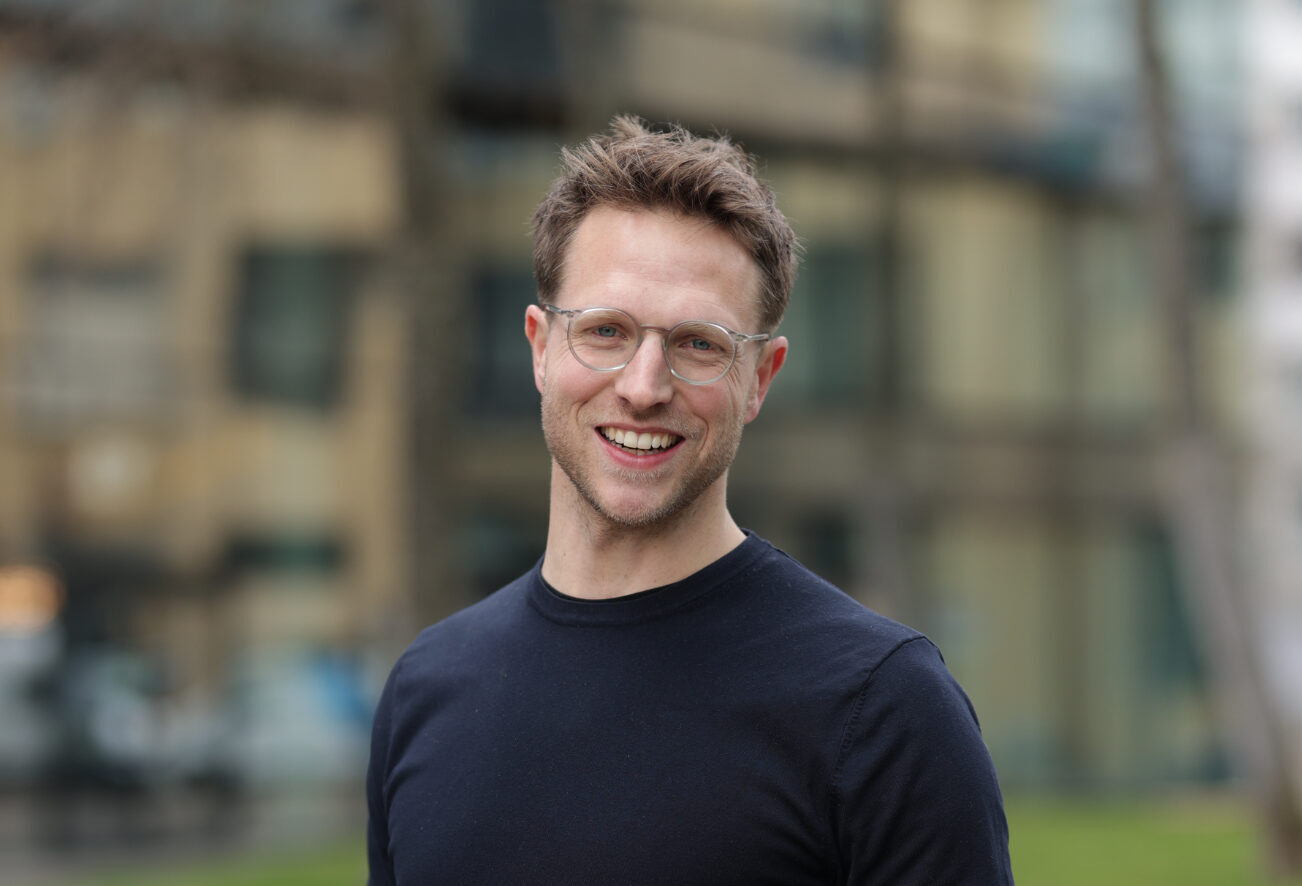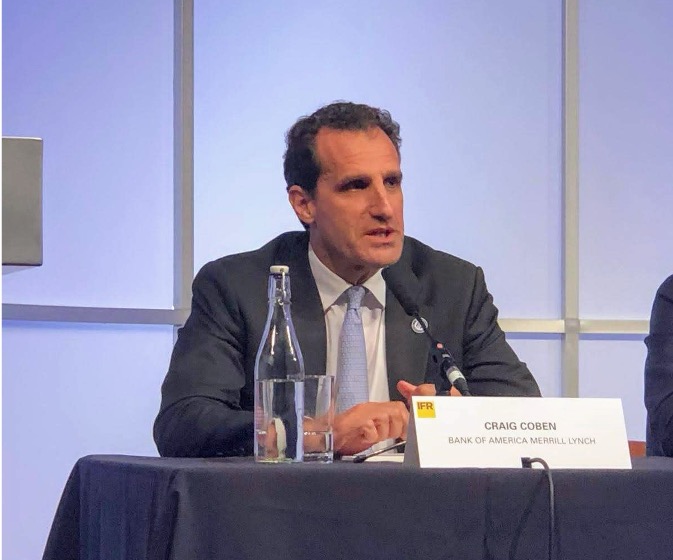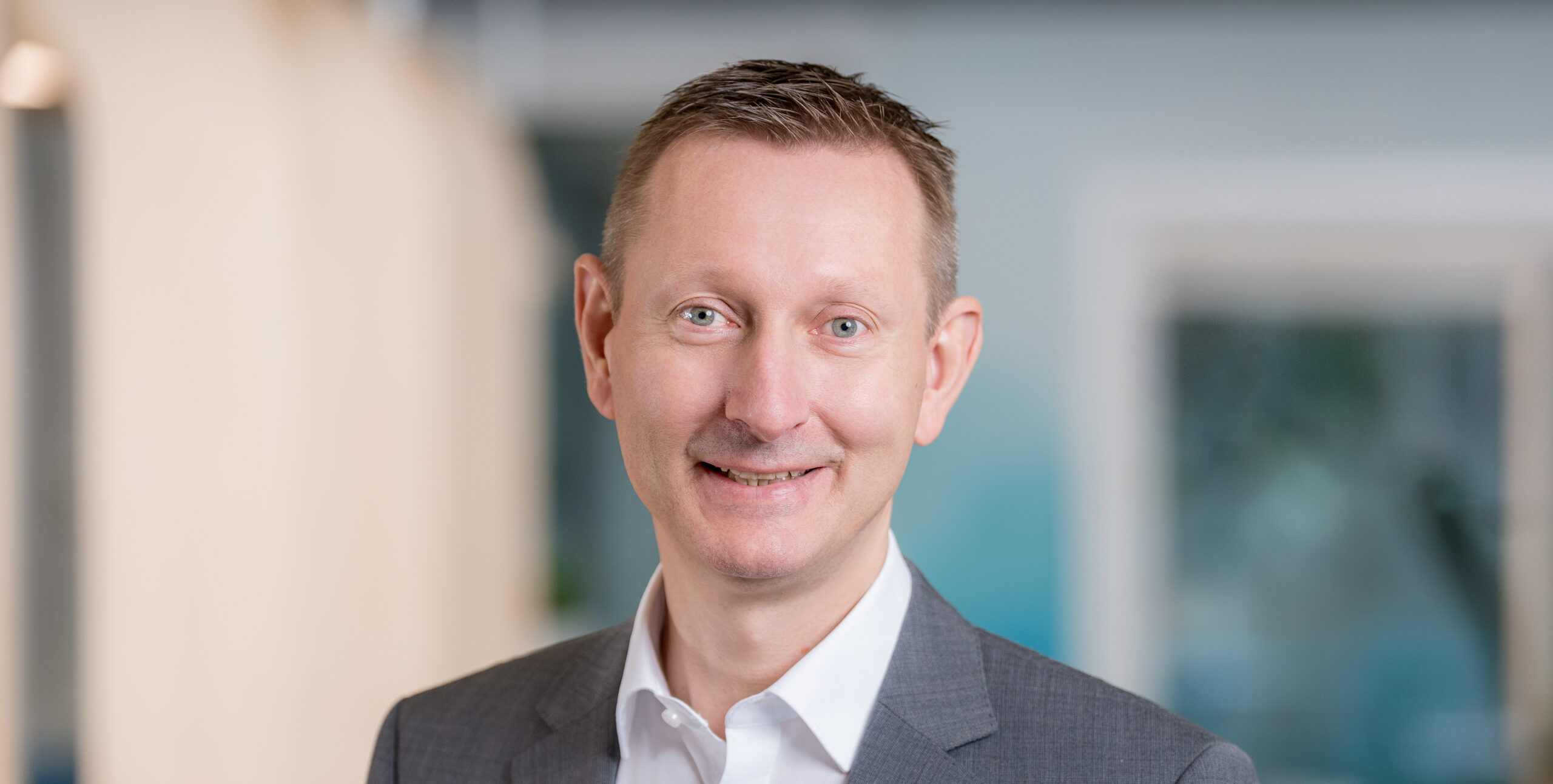[vc_row][vc_column][vc_column_text]
Top graduates want an exciting job with attractive career prospects, but they also desire time for themselves and their families. This applies as much today to men as it does to women. The international management consulting firm Bain & Company invests a great deal in the professional and personal development of its consultants. After all, work-life balance has become a factor of crucial importance for both professionals and companies alike.
Constantly on the road, smartphone forever at the ready and little time for private life? The cliché of management consultants leading a hectic life is widespread. But is this really the case? What’s true is that in management consulting, top graduates accept responsibility at an early stage, work on a large and varied number of client projects and gather insights in a broad spectrum of sectors. But an excellent salary and good promotion prospects are associated with a high level of commitment and willingness to travel. All this makes the consulting profession highly attractive to graduates. This year, Bain has recruited up to 60 experienced consultants in Germany and Switzerland in addition to around 140 university graduates. And their length of stay at the company is also longer than usual: a consultant spends an average five years of his or her professional life at Bain, far longer than at any of our rivals.
Work-life balance is relevant for everyone
The challenge to win the brightest talent is intensifying, and the expectations of young applicants are changing. Instead of planning career and private life as two separate entities, graduates today have a 360 degree perspective on their future. A current Bain study among 1,500 MBA students and graduates from the USA reveals that work-life balance is equally relevant for both sexes. Young men nowadays also want to play an active role in family life and fulfill their role as father. 44 percent of men and 52 percent of women plan to take a break during their professional career. And this is no longer by any means confined to the raising of a family but also and increasingly to having more time for private interests or social engagements. On the other hand, 40 percent of female and 42 percent of male undergraduates view the difficulties associated with the permanent balancing act between profession and these other ambitions as the greatest obstacle in the way of achieving their career goals.
At first sight, such expectations might appear irreconcilable with the demands of international management consulting. Certainly, eight-hour days are rarely encountered in a demanding working environment of this kind. Stressful working days also will happen – but this is the case in any demanding job in the international arena and not just in consulting. Nonetheless, Bain has picked up the gauntlet and is offering its consultants increasingly flexible working-time models – one element and a key indicator that the goal of top management is not necessarily achieved exclusively through long working hours. Staffing customer projects is a matter of good organization and anyone wishing to travel less due to family responsibilities can work from home. Other possibilities are part-time models that are not connected to a specific project but focused more on internal tasks.
From day one, we offer our newbies the chance to choose for themselves their own working-time arrangements so that they are not simply part of an anonymous ‘factory floor’. Our goal is to develop valuable leadership personality traits not only in those who are high-achievers in their professional capacity but also who are demonstrably successful in other fields of their life. That’s why, right from the outset, we encourage our newbies to structure their professional careers in accordance with their particular life model. Our motto is „Build your own Bain“ – and this means being able to combine a career with a fulfilling personal life.
Personal and career enhancement through taking breaks
International project work is undoubtedly challenging, yet by its nature it offers the possibility of taking time out between projects – a distinct advantage. Our consultants use their three- to six-month rest periods to realize personal projects of their own. They may go traveling, for example, or become involved in local social projects or learn a foreign language whilst actually living abroad. „In consulting, time is a dimension that requires skillful structuring“, says Susann Bäck, manager at our Munich office. „Long working days are indeed part of my work environment. So all the more reason why I take advantage of the freedom offered by the lengthy between-project breaks,“ she says. Susann used her leave to focus whole-heartedly on a personal project: for two months, she toured the world with her husband, and within the framework of our so-called ‘experience track’, she spent time in a monastery, which she combined with further personal training.
For young applicants, both personal and professional career enhancement possibilities are part and parcel of a fulfilling work-life balance. At Bain, these are entrenched in the development process of our associate consultants. Personal and professional enhancement requires time. A number of our consultants used their breaks as an occasion to take their MBA or write their thesis while still being paid a special graduate’s salary. This enabled them to focus entirely on their research.
Applying professional experience to social projects
Working as a consultant is highly attractive to top graduates – as evidenced in our consistently high applicant figures. The advantages are obvious: from an early stage, our new hires learn to accept responsibility and gather cross-industry experience through project work. But the Y and Z generations entering the job market today make far greater demands on their employers. For many high potentials, it goes without saying that a social commitment is a necessary part of a successful work-life balance and some of our consultants achieve this through so-called pro-bono projects. An example is the social enterprise „Dialog im Dunkeln“ that aims to achieve better understanding of the situations experienced by people afflicted with blindness in order to improve their employment possibilities. Bain consultants have used their experience and expertise voluntarily and without payment to solve strategic and organizational issues at such charitable institutions. As an added bonus, social projects not only represent a source of experience but also deliver inspiration and motivation for a professional future at Bain.
Developing their own role models
Personality develops with experience. Many graduates have yet to find out what it is exactly that they want from their job, and what constitutes for them a good balance between private and professional life. For many, the models of their parents‘ generations are outmoded. According to a Bain study, women, in particular, often find it hard to find good role models – and this is why Bain offers them support in this particular aspect. Around one third of our newbies are now female. This puts Bain above the sector average, and this share is expected to rise further. The Bain Global Women’s Leadership Council ensures that the needs of our women consultants are heard and that the initiatives required to meet them are realized.
All newbies at Bain receive mentoring and coaching – after all, nowadays it is no longer possible to simply walk into existing roles. These have to be newly created. Besides offering support in career planning, the mentor or coach also always has an ear open for the individual wishes and needs of his or her colleagues. An honest culture of exchange is not only required for this, it is actually desired – another feature enshrined in our motto „Build your own Bain“.
Commitment that pays off
The possibilities are many, but how is it possible to measure the work involved and the benefits derived? Regular internal surveys of the project teams that embrace all aspects of the work-life balance of our consultants reveal which initiatives are already paying off and where we can make further improvements. Awards such as „Germany’s Best Employer 2016“ from the magazine „Focus“ and the career platform „Xing“ in the management consulting category confirm that we are on the right course. And for the eighth year in a row, the US magazine „Working Mother“ has put Bain on its list of the best companies that fulfil the claim of developing and promoting top female executives.
For its employees to achieve a fulfilling work-life balance, each company needs to be flexible. Personnel strategy needs to be considered and developed, while individual solutions often require additional organizational work and in-depth consultation. Companies in the future will have no other option than to address this theme. They will need to make investments of energy, time and money into developing the right strategies – and they will need to view a work-life balance as an investment in their most important capital of all: their employees. In the end, this is to the benefit of all. Bain’s commitment to its consultants, male and female, is paying off. Because ultimately, it is our customers who also profit from our satisfied and motivated employees.
[/vc_column_text][/vc_column][/vc_row]






